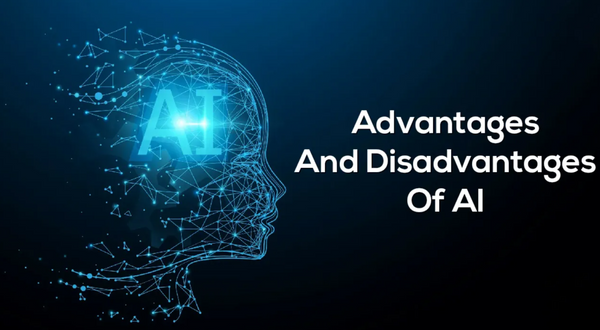Introduction
Human beings, by nature, are social creatures. The intricate dance of relationships has evolved over centuries, shaping the way we live, love, and connect. The concept of companionship is deeply ingrained in our DNA, evolving from early family tribes to the digital age of AI companions and chatbots. In this exploration, we'll delve into the historical tapestry of companionship, examining its roots in family bonds, the role of pets, the influence of technology through video games and social media, and the contemporary era of AI companions. Alongside this journey, we'll also scrutinize the profound impact of loneliness, drawing parallels from studies on solitary confinement and iconic cinematic representations like "Cast Away."
Early Forms of Companionship
Family Tribes and Clan Structures
Human history is marked by the communal living of family tribes and clan structures. The early social fabric was woven by the bonds of kinship, with families relying on each other for survival. The safety and support found within these groups laid the foundation for the concept of companionship, a fundamental aspect of the human experience.

Domestication of Pets
As societies progressed, so did our companionship dynamics. The domestication of pets, particularly dogs, marked a significant milestone. Beyond serving utilitarian purposes, pets became integral members of families, offering companionship, loyalty, and a unique emotional connection. The evolution of companionship extended beyond the human realm to embrace our relationships with other species.
The Rise of Technology
Video Games and Virtual Companions
The advent of technology ushered in new forms of companionship. Video games, initially created for entertainment, gradually evolved to include complex virtual worlds and characters. Gamers found solace and camaraderie in their digital counterparts, experiencing a sense of connection that transcended the physical realm.

Social Media and Online Connections
The rise of the internet and social media brought a paradigm shift in the way we connect. While these platforms promised unprecedented connectivity, they also introduced a paradox. The illusion of connection masked a growing epidemic of loneliness. As people amassed virtual friends, the quality of relationships dwindled, leaving many isolated despite their extensive digital networks.
Loneliness and its Psychological Impact
Solitary Confinement Studies
Studies on solitary confinement have illuminated the profound psychological impact of isolation. Human beings, inherently social creatures, suffer mentally when deprived of meaningful interactions. The experiments conducted on the effects of isolation underscore the critical importance of companionship in maintaining mental well-being.
Cinematic Examples (e.g., Cast Away)
Cinema, often a reflection of societal nuances, provides poignant portrayals of isolation. "Cast Away," starring Tom Hanks, illustrates the transformative power of companionship. The protagonist's relationship with a volleyball named Wilson becomes a symbol of the human need for connection, even in the most desolate circumstances.

Modern Companionship: AI Companions and Chatbots
Introduction of AI in Daily Life
As technology continues to advance, artificial intelligence (AI) has become an integral part of our daily lives. Virtual assistants and smart devices seamlessly integrate into our routines, offering assistance and, in some cases, companionship. The concept of AI companions is no longer confined to science fiction; it's a tangible reality.
Ethical Considerations
While AI companions present opportunities for enhanced connectivity, ethical questions arise. Emotional attachments to AI entities raise concerns about the potential blurring of lines between genuine human connection and artificial relationships. Striking a balance between the benefits of technology and the authenticity of human interaction becomes paramount.
The Paradox of Connectivity and Loneliness
Parallels between Increased Connectivity and Rising Loneliness
In the age of hyper-connectivity, it's paradoxical that loneliness is on the rise. The more digitally connected we become, the more isolated we feel. The dichotomy between virtual and real-world relationships challenges our understanding of companionship and prompts a reevaluation of the quality of our connections.

Finding a Balance
Navigating the complexities of companionship in the digital age requires a deliberate effort to strike a balance. While technology enhances our lives, fostering genuine human connections remains essential. Recognizing the limitations of virtual relationships and investing time and energy in face-to-face interactions are crucial steps toward mitigating the loneliness epidemic.
Conclusion
The evolution of companionship is a rich tapestry woven through the fabric of human history. From family tribes to AI companions, the concept has transformed, adapted, and persevered. As we navigate the digital landscape, it's imperative to reflect on the essence of true companionship. In our pursuit of technological advancements, let us not lose sight of the profound impact that genuine human connections have on our mental and emotional well-being. The quest for companionship continues, with each era presenting new challenges and opportunities for fostering meaningful relationships in an ever-changing world.







